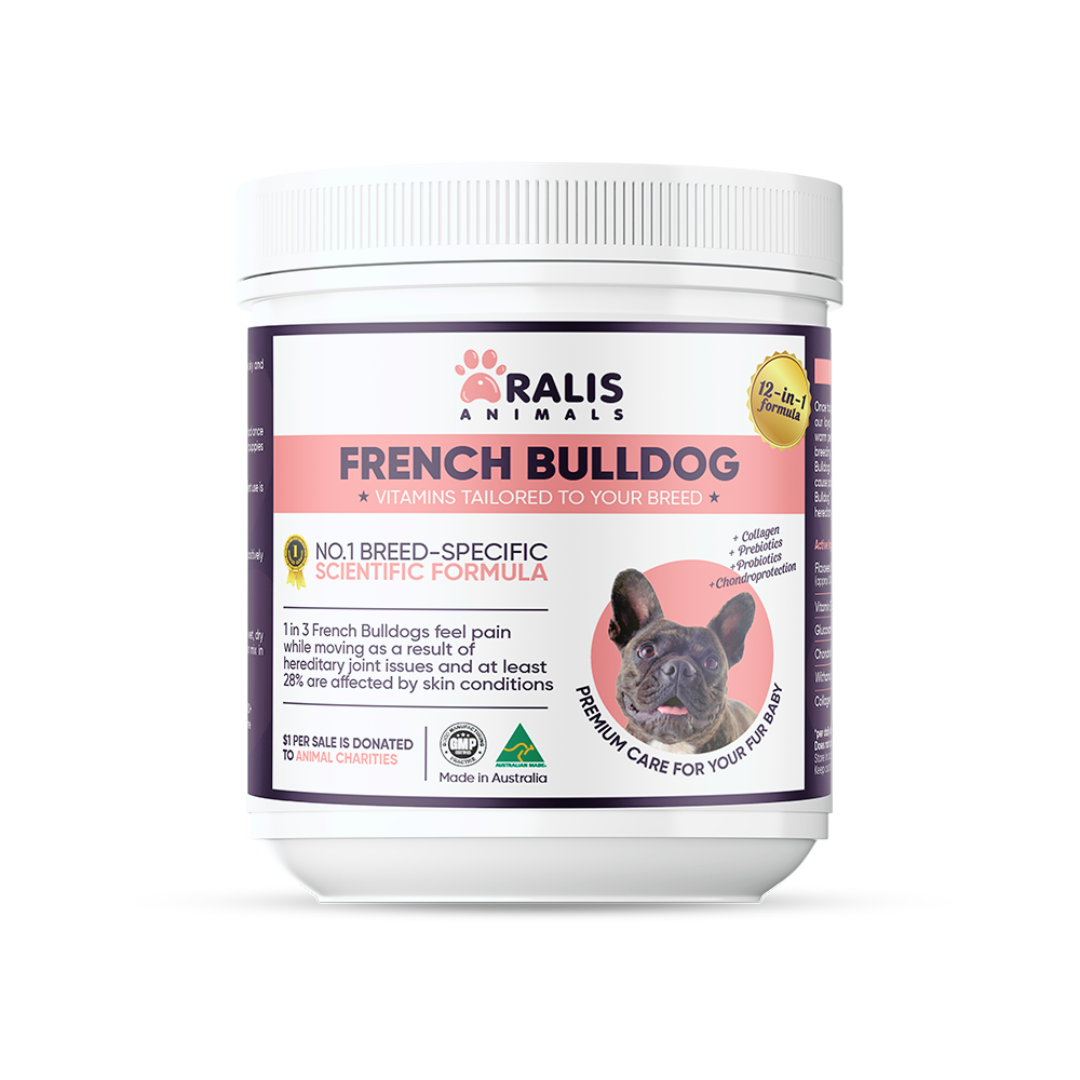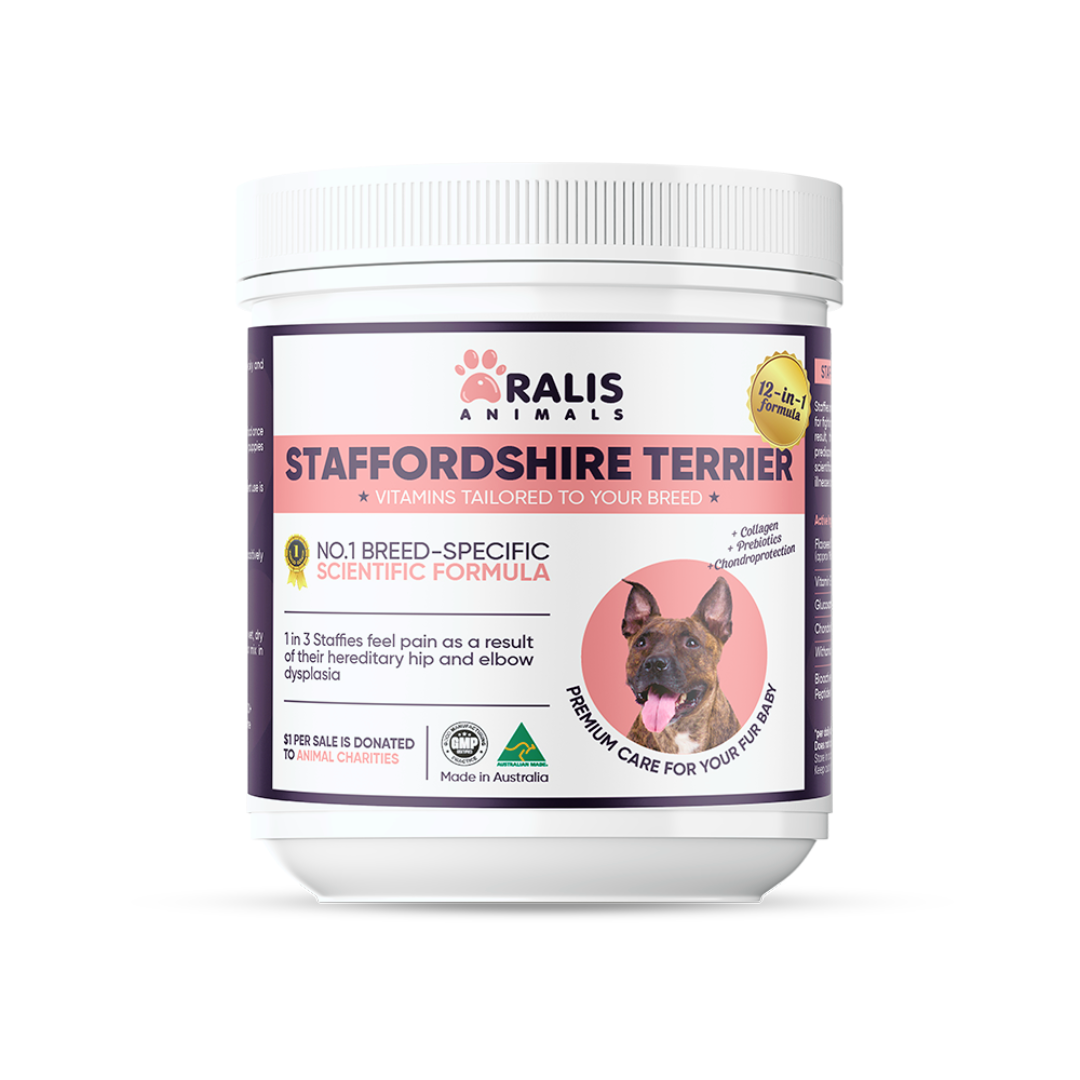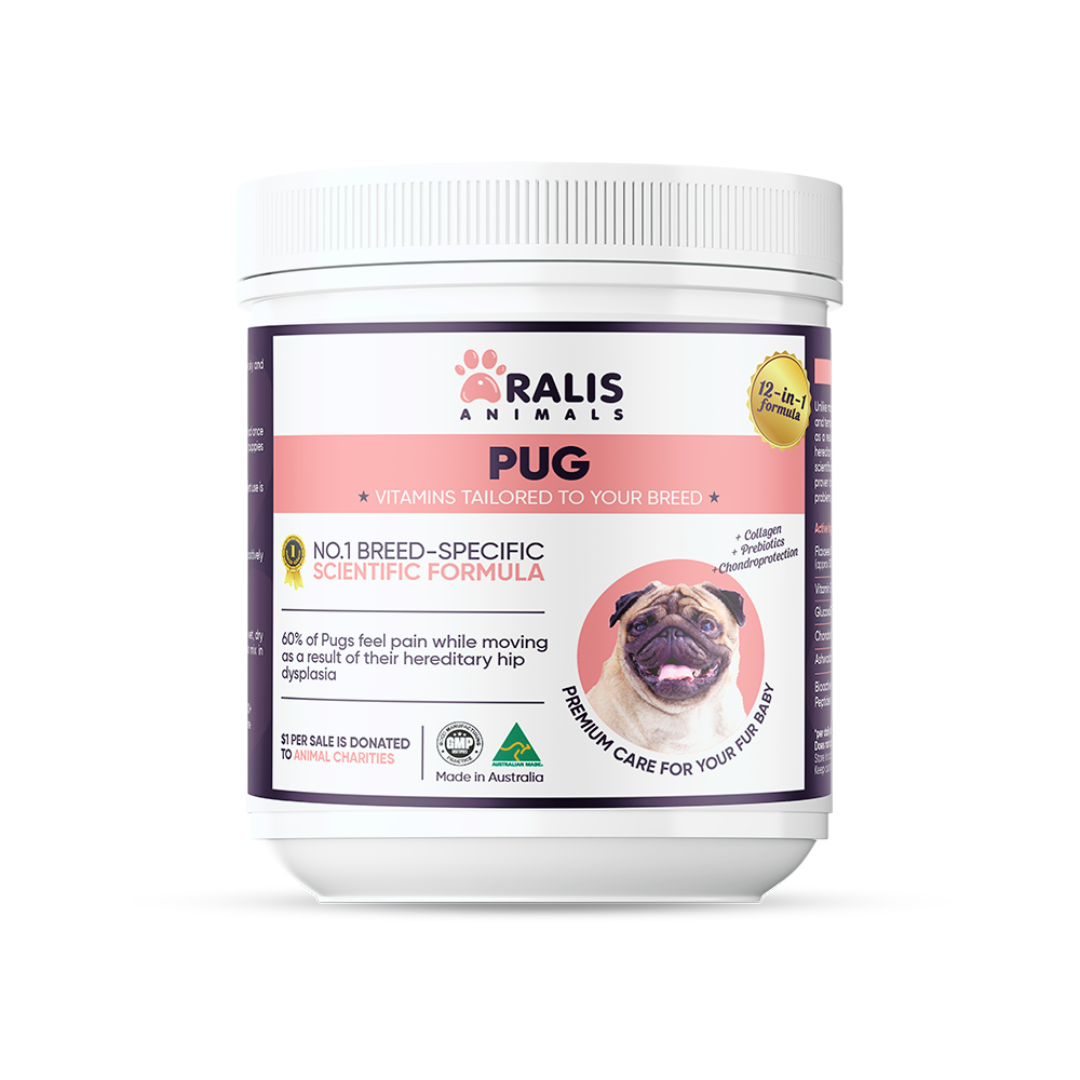Soothing an Anxious Dog: Training, Supplements & More

As pet owners, we want nothing more than to see our furry companions happy and content. However, for some dogs, anxiety can be a constant struggle, causing distress and disrupting their quality of life. Whether it's separation anxiety, fear of loud noises, or general nervousness, addressing canine anxiety is crucial for the well-being of our beloved pets.
In this comprehensive guide, we'll explore the various ways to soothe an anxious dog, from effective training techniques to natural supplements and environmental management. By understanding the root causes of your dog's anxiety and implementing a holistic approach, you can help your furry friend find the comfort and peace they deserve.
Understanding Dog Anxiety
Anxiety in dogs can manifest in a variety of ways, from excessive barking and pacing to destructive behaviors and even physical symptoms like trembling or panting. The most common types of anxiety in dogs include separation anxiety, fear-based anxiety (such as fear of loud noises or new environments), and generalized anxiety.
Identifying the underlying causes of your dog's anxiety is the first step in finding the right solutions. Factors like past trauma, genetics, and even changes in routine can contribute to a dog's anxiety levels. By understanding the specific triggers and patterns of your dog's anxiety, you can tailor your approach to their individual needs.
Training Techniques for Anxious Dogs
One of the most effective ways to soothe an anxious dog is through positive reinforcement training. By teaching your dog coping mechanisms and alternative behaviors, you can help them manage their anxiety in a healthy and constructive way.
Behavioral Modification
Techniques like desensitization and counter-conditioning can gradually expose your dog to their triggers in a controlled and positive manner. This helps them associate these triggers with something positive, like treats or playtime, rather than fear or anxiety.
Positive Reinforcement
Rewarding calm and relaxed behaviors, such as lying down or staying in one spot, can reinforce these desirable responses and help your dog learn to self-soothe. Consistency and patience are key when implementing these training methods.
Calming Commands
Teaching your dog simple commands like "settle" or "relax" can provide them with a clear signal to calm down, especially in stressful situations. Pairing these commands with positive reinforcement can make them an effective tool in your anxiety-management arsenal.
Natural Supplements & Treatments
In addition to training, natural supplements and treatments can also play a role in soothing an anxious dog. These options are often gentler and may be used in conjunction with other approaches.
Herbal Remedies
Herbs like chamomile, valerian, and passionflower have been used for their calming properties in both humans and animals. These can be administered in the form of tinctures, teas, or even added to your dog's food.
CBD Products
Cannabidiol (CBD) has gained popularity as a natural way to address anxiety in dogs. CBD oil or treats may help reduce stress and promote relaxation, though it's important to consult with your veterinarian before use.
Nutritional Supplements
Certain vitamins, minerals, and amino acids, such as L-theanine, omega-3 fatty acids, and B-complex vitamins, have been shown to have a calming effect on anxious dogs. These supplements can be found in pet-specific formulations.
When introducing any new supplements or treatments, it's crucial to follow the recommended dosages and monitor your dog's response closely. Consulting with your veterinarian can help ensure the safety and effectiveness of these natural options.
Environmental Management
Creating a calm and predictable environment can also play a significant role in soothing an anxious dog. By making adjustments to your dog's living space and daily routine, you can help them feel more secure and less prone to anxiety-driven behaviors. When paired with a calming supplement, even small changes like providing a safe zone or quiet downtime can go a long way in helping your dog feel more secure. Aralis Animals formulas are designed to work alongside your dog’s training and environment not instead of them. Learn more about our product range.
Establishing a Safe Space
Provide your dog with a designated "safe space," such as a crate or quiet room, where they can retreat when feeling overwhelmed. Ensure this area is comfortable, free of stressors, and easily accessible.
Maintaining Routine
Anxious dogs thrive on consistency and predictability. Establishing a regular schedule for meals, exercise, and playtime can help your dog feel more at ease and less prone to anxiety-induced behaviors.
Reducing Triggers
Identify and minimize potential triggers in your dog's environment, such as loud noises, sudden changes, or the presence of unfamiliar people or animals. By creating a calmer, more controlled setting, you can help your dog feel more secure.
Professional Support
While a combination of training, supplements, and environmental management can be highly effective, there may be times when professional support is necessary to address your dog's anxiety.
Veterinary Consultation
If your dog's anxiety is severe or accompanied by physical symptoms, it's important to consult with your veterinarian. They can rule out any underlying medical conditions and provide guidance on appropriate treatment options, including potential medication.
Specialized Training
For more complex or persistent cases of anxiety, working with a certified canine behaviorist or trainer can be invaluable. These professionals can develop a customized training plan to address the root causes of your dog's anxiety and teach you effective management techniques.
By addressing your dog's anxiety through a multifaceted approach, you can help them find the comfort and peace they deserve. With patience, consistency, and a willingness to try different solutions, you can empower your furry friend to overcome their fears and live a happier, more fulfilling life.





